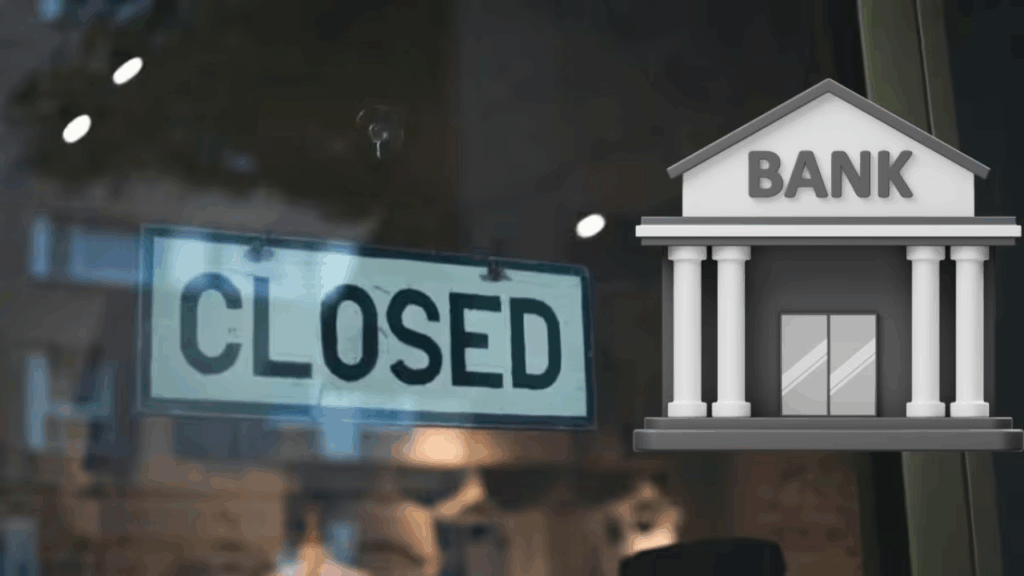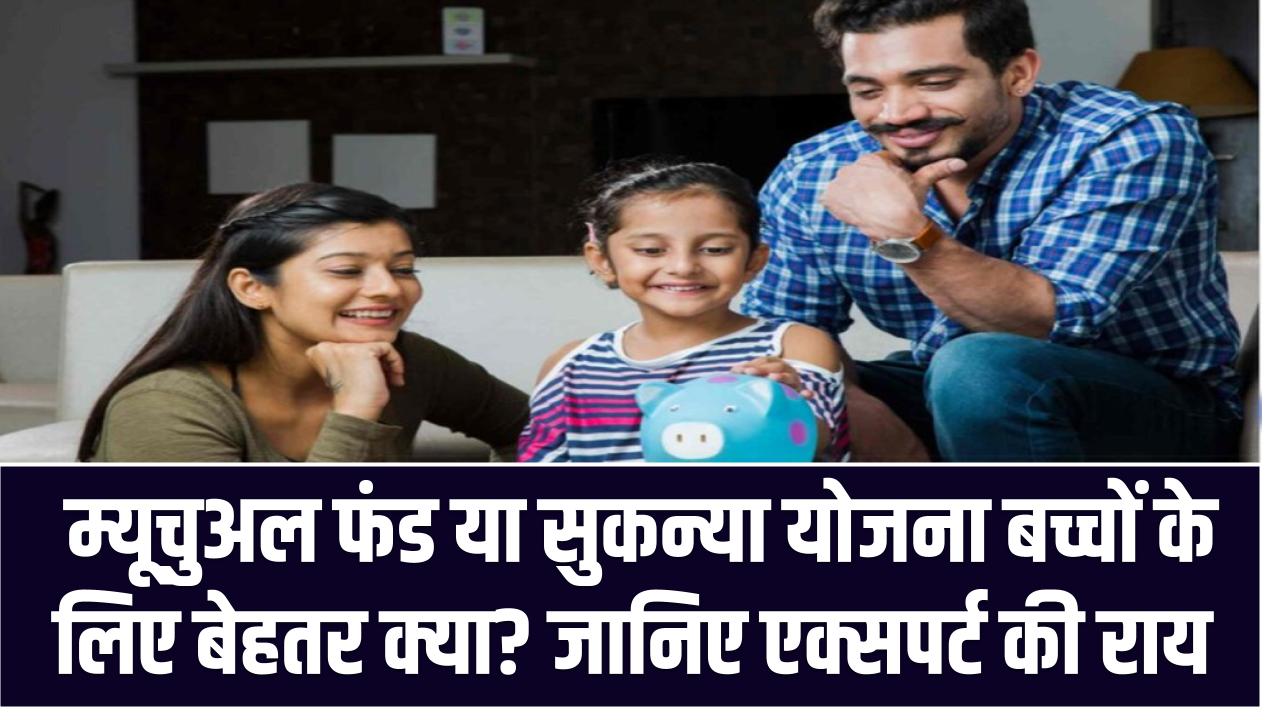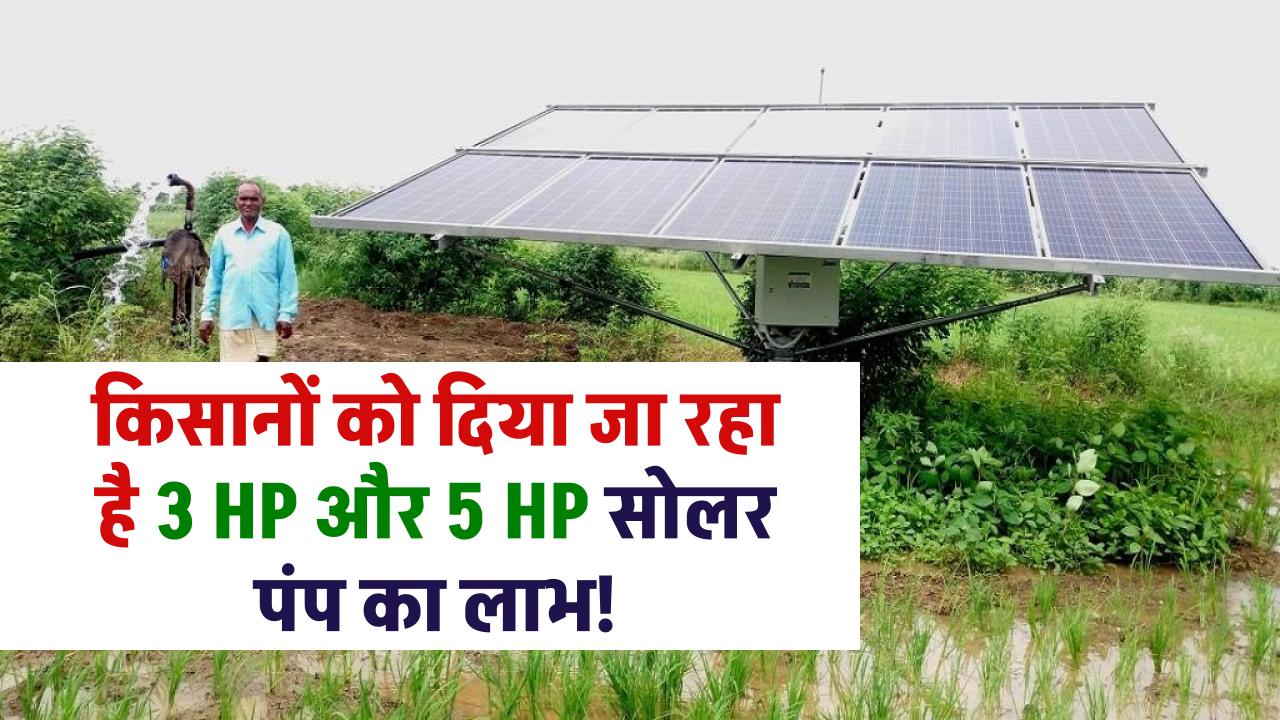There’s some major banking news coming out of India—another well-known cooperative bank has shut down, and it’s causing serious concern for customers.
The Reserve Bank of India (RBI) has officially revoked the license of HCBL Co-operative Bank, which is based in Lucknow, Uttar Pradesh. This means the bank has completely stopped operations as of May 19, and customers can no longer deposit or withdraw money from their accounts.

Why Was the Bank Shut Down?
According to the RBI, the bank didn’t have enough capital or income potential to continue running safely. In simple terms, it was no longer financially healthy—and that put customers’ money at risk. So, the RBI stepped in to shut it down in order to protect the public.
What Happens to Your Money?
If you had money in HCBL Co-operative Bank, here’s the good news: you’re still eligible to get up to ₹5 lakh back through Deposit Insurance and Credit Guarantee Corporation (DICGC). This insurance covers both your principal and interest, and it’s the standard protection offered if a bank fails.
In fact, the RBI shared that around 98.69% of the bank’s depositors will be able to recover their full deposits, thanks to this insurance. So far, ₹21.24 crore has already been paid out by DICGC (as of January 31, 2025).
What’s Next?
The RBI has asked the state cooperative authorities to officially wind down the bank and appoint a liquidator, who will oversee the closure and payout process.
This shutdown also highlights a deeper issue: the bank had failed to meet several rules under the Banking Regulation Act of 1949, and continuing its operation was simply not safe for depositors.
Just a Reminder for Everyone
In India, no matter how much money you have in a single bank—across all your accounts—you are only insured up to ₹5 lakh under the DICGC scheme. It’s a good reason to keep an eye on where you’re banking and to spread out your savings if needed.






